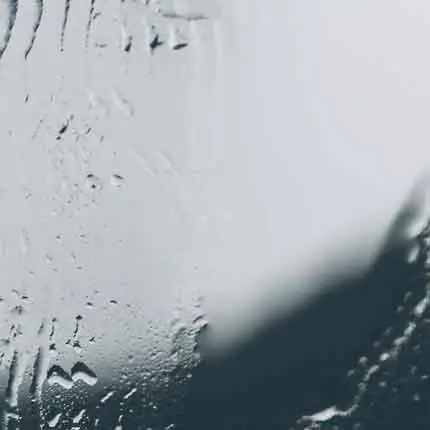
Self-cleaning glass is a type of glass that has been treated with a special coating to reduce the accumulation of dirt, grime, and water spots. This technology aims to keep the glass surface cleaner for longer periods, requiring less frequent cleaning and maintenance. Two common special glass types of self-cleaning glass technologies are based on hydrophilic (water-attracting) and photocatalytic (light-activated) principles.
Photocatalytic Properties: Many self-cleaning glasses also incorporate photocatalytic compounds, such as titanium dioxide (TiO2), which are activated by sunlight. When exposed to UV radiation, these compounds catalyze the breakdown of organic contaminants on the glass surface.
Superhydrophilicity: Self-cleaning glass surfaces are engineered to be highly hydrophilic, meaning they have a strong affinity for water. This property allows rainwater or sprayed water to form a thin, uniform sheet across the glass, carrying away loosened dirt and preventing the formation of water droplets that can leave streaks.
Low Maintenance: One of the primary benefits of self-cleaning glass is its low maintenance requirements. By reducing the accumulation of dirt and grime, this type of glass can significantly extend the intervals between cleanings, saving time and effort.
Durability: Self-cleaning glass coatings are designed to be durable and long-lasting, providing continued performance over the lifespan of the glass. They are typically resistant to weathering, UV degradation, and abrasion.
Transparency: Self-cleaning glass maintains high levels of transparency, allowing for clear views and optimal daylight penetration. The coatings used are typically thin and transparent, minimizing any distortion or reduction in visibility.
1.1 Self-cleaning glass with hydrophilic coatings encourages water to spread evenly across the surface in a thin film rather than forming droplets. This process helps to wash away dirt and contaminants as the water sheets off the glass.
1.2 Rainwater, or even dew and condensation, can help in the cleaning process as it flows down the glass, taking away accumulated particles.
2.1 Photocatalytic self-cleaning glass is coated with a thin layer of a photocatalyst, often titanium dioxide (TiO2). When exposed to sunlight, the photocatalyst becomes activated.
2.2 In the presence of sunlight, the activated coating breaks down organic materials on the glass surface into smaller particles. Rain or water then washes away these smaller particles, keeping the glass clean.
3.1 Reduced Maintenance: Self-cleaning glass reduces the need for manual cleaning, saving time and effort.
3.2 Environmental Impact: With less reliance on cleaning agents, self-cleaning glass can be considered environmentally friendly.
3.3 Improved Visibility: Maintaining a cleaner surface enhances visibility through windows and other glass surfaces.
4.1 Self-cleaning glass is used in various architectural applications, including windows, skylights, facades, and glass roofs.
4.2 It can be applied in residential buildings, commercial structures, and automotive applications to improve visibility and reduce the frequency of cleaning.
5.1 Effectiveness: The effectiveness of self-cleaning glass may vary depending on factors such as the local climate, the amount of sunlight, and the type and amount of contaminants present.
5.2 Initial Cost: Self-cleaning glass may be more expensive than traditional glass due to the added cost of the special coatings.
It's important to note that while self-cleaning glass can significantly reduce the need for manual cleaning, it may not eliminate the need entirely, especially in environments with heavy pollution or specific types of contaminants. Regular exposure to rain or water is generally necessary for the self-cleaning mechanisms to work optimally. Additionally, advancements in this technology may lead to further improvements and expanded applications in the future.
Pls contact us if you have any inquire or questions, thank you.
No.12111, JINGSHI ROAD, LIXIA DIST, JINAN CITY, SHANDONG PROVINCE, CHINA